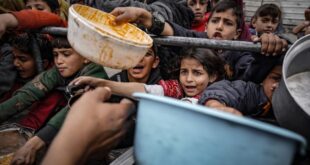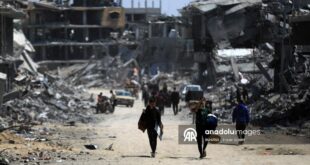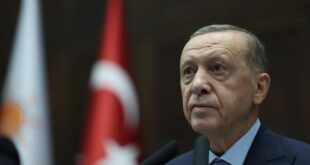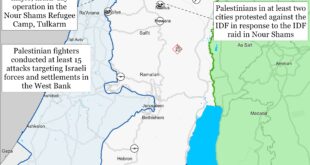EULEX has formally launched an investigation into the massacre of 113 people in the village of Krusha e Vogel, in the Prizren region.According to the EU Rule of Law Mission to Kosovo, EULEX, over 50 potential defendants, all of them Kosovo Serbs and former members of the Serbian armed forces, may face charges of war crimes against the ethnic Albanian civilians in the village.“The prosecution has identified 56 potential defendants who may face charges of war crimes against the civilian population, including the killing of 113 villagers in total, the expulsion of all the women and children from the village, and the pillage and destruction of property,” states the EULEX press release.
A European prosecutor has already started interviewing the witnesses who survived the massacre that took place on March 25 and 26,1999.
According to local media, at least five potential witnesses have talked to the EULEX prosecutor, while another 40 villagers have provided their statements.
The residents of Krusha e Vogel first gave their testimonies about the massacre to the UN Mission to Kosovo, UNMIK, in 2003. Two years later the dossier was also handed over to the Hague Tribunal office in Pristina, but no investigation was ever formally launched.
The massacre in Krusha e Vogel, according to the EULEX prosecution, is allegedly one of the “largest mass killings that took place during the 1999 conflict in Kosovo.”
Out of 113 people who were killed over two days in Krusha e Vogel, the remains of 86 people, including some children, are still missing.
Agron Limani, the head of the Association of Families of Missing Persons in Krusha e Vogel, says that the international justice bodies delayed the formal launch of the investigation on purpose.
“There are a couple of reasons why it was delayed. First, they [the internationals] waited until a number of witnesses died. To date, 4 witnesses have passed away, including Lutfi Ramadani who survived the massacre,” Limani says.
“Second, they counted on the fact that most of the details of the massacre would be forgotten. And the main reason behind all this is that UNMIK and EULEX, knew that the crimes were committed by local Serbs, and that by indicting any of them, they would prolong the return process of the refugees,” said Limani to the local Koha Ditore newspaper on Sunday.
Thirteen years after the end of war in Kosovo, out of the total of 6,019 persons reported to the International Red Cross as missing by their families, over 1,700 remain unaccounted for – most are Kosovo Albanians.
Kosovo declared independence from Serbia in 2008, and was recognized by 89 UN member states. Belgrade refuses to recognize the secession, however.
 Eurasia Press & News
Eurasia Press & News



